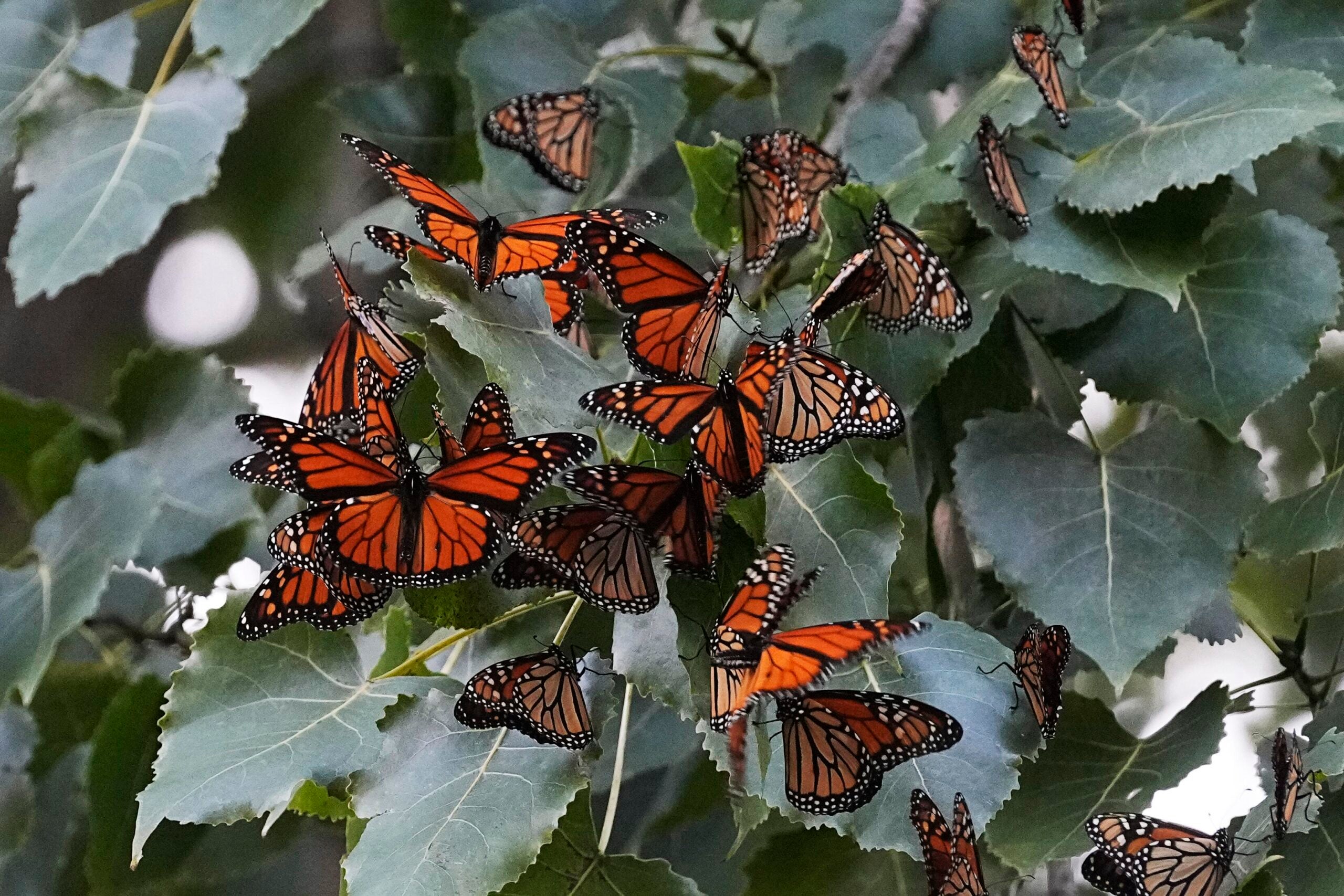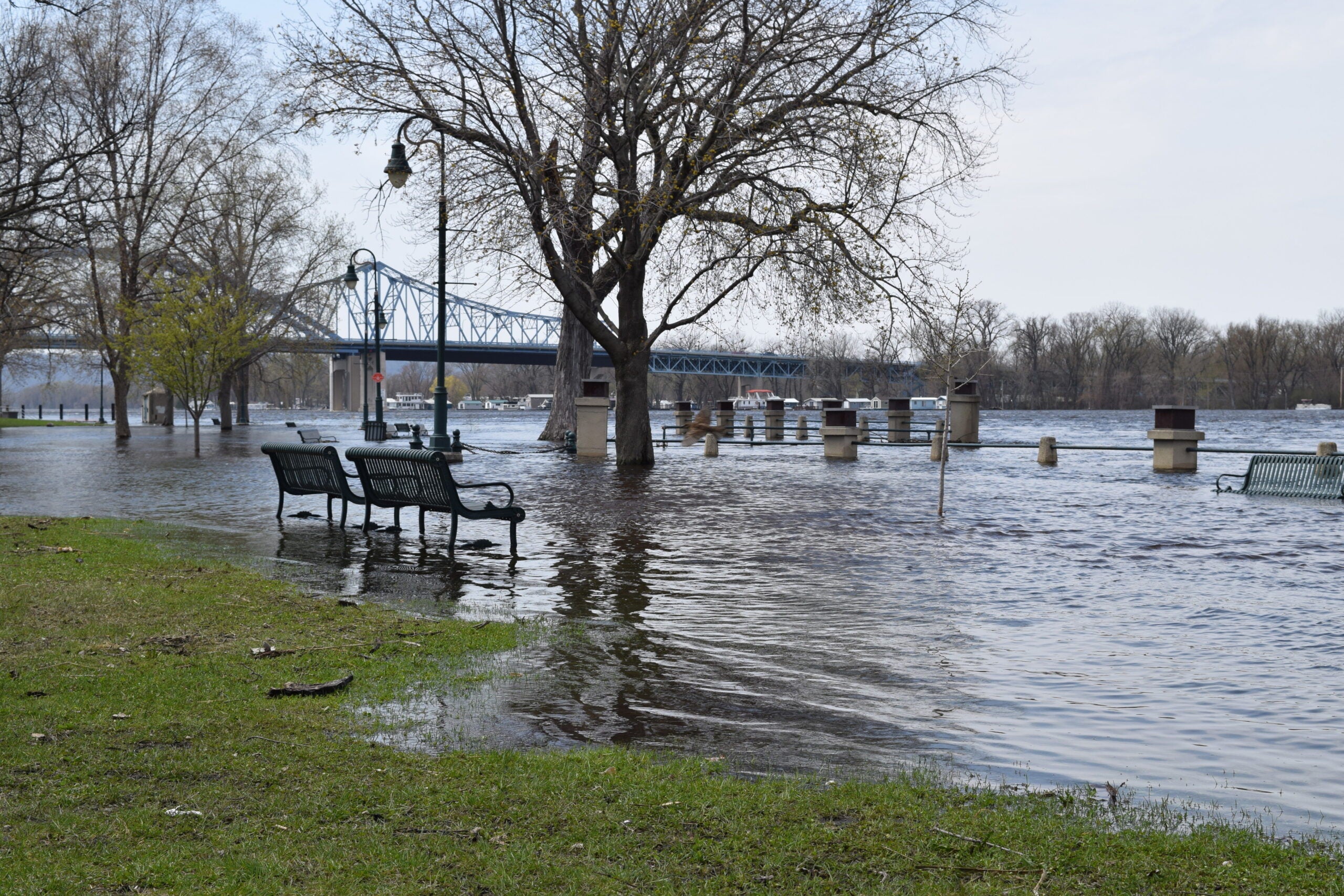Rob Ferrett and Veronica Rueckert look at a new report that Monarch Butterfly migration between North America and Mexico is in danger of disappearing. Then they explore a network of tunnels under Concordia University and find out what online dating and economics have in common.
Featured in this Show
-
End Of Monarch Butterfly Migration Could Be In Sight
The number of Monarch butterflies wintering in Mexico this year reached a record low, according to a report released on Wednesday, prompting widespread concern.
On Wednesday, the World Wildlife Fund, Mexico’s Environment Department and the Natural Areas Commission concluded that the seasonal migration of Monarchs from North America to Mexico is in existential trouble. Since recording began more than two decades ago, the number of butterflies has fallen from a high of about 45 acres of butterflies in 1995 to just 1.65 acres today.
Entomologist Lincoln Brower said the decreasing numbers is an ominous development.
“Migration this fall is nothing short of a total disaster,” he said.
He said that the prospect of losing the migration is “unthinkable … given the fact that the migration may have been around since the last Ice Age.”
Brower said the suspected cause of the decreasing population is the spread of industrial farming.
“Industrial agriculture is just wiping out the whole food web,” he said. “From the Monarch’s point of view, what is lost is milkweed.”
Monarchs eat exclusively milkweed, which is also where they lay their eggs, he said.
Many industrial farms use crops that are genetically modified to be pesticide resistant. Pesticides are sprayed over large swaths of farmland and kill native plants, like milkweed. The practice is common in the Midwest and Great Lakes region, where Monarchs largely spend the summer.
The butterflies have also struggled on the other side of the border.
“In the early years, there was a lot of deforestation (in Mexico),” he said. “But the Mexican government has pretty much put a stop to that.”
To stem the decline in Monarch migration, Bower suggests working with the federal highway system and compromising with the agriculture community. He said he would like to see milkweed grown along U.S. highways, as well as the preservation from pesticide use of 100 feet alongside all fields.
Bower calls the loss of Monarch migration “the canary in the cornfield” in terms of the environment.
He said while he sees the loss as a “tragedy,” it is “a much bigger picture” and that it “is a symbol that we are messing up our environment.”
-
Seasonal Monarch Migration In Danger Of Disappearing
Leading experts announced on Wednesday that the seasonal Monarch Butterfly migration between North America and Mexico may be in danger of disappearing entirely. Monarchs have been migrating to Mexico in steadily decreasing numbers and this year their colonies hit a record low.
-
Underground Tunnels Keep Students Warm
While the bitter cold snap has students on most Wisconsin campuses shivering in their boots, Concordia University’s students walk to class in shorts – thanks to an underground tunnel network.
-
What Online Dating Can Teach Us About Economics
An economist says we can learn valuable lessons about how markets work from an unlikely source: online dating.
Episode Credits
- Rob Ferrett Host
- Veronica Rueckert Host
- Galen Druke Producer
- Marika Suval Producer
- Lincoln P. Brower Guest
- Craig McCarthy Guest
- Paul Oyer Guest
Wisconsin Public Radio, © Copyright 2025, Board of Regents of the University of Wisconsin System and Wisconsin Educational Communications Board.


